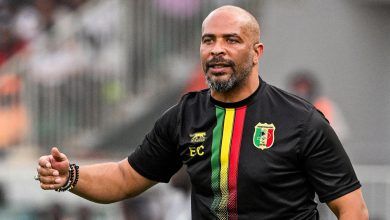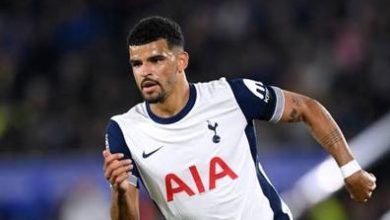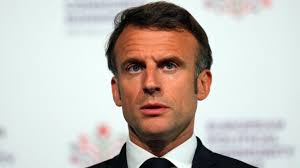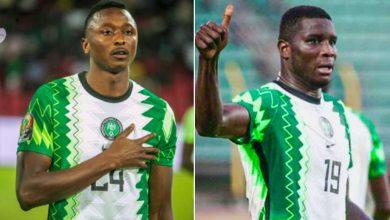Sports Commission Secures Coach Chelle’s Salary to Boost Nigeria’s 2026 World Cup Hopes
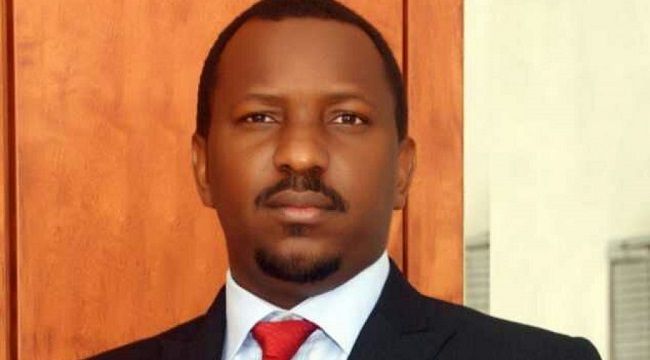
Chairman of the National Sports Commission, Shehu Dikko, has revealed that the commission has secured upfront payment for Super Eagles head coach Eric Chelle’s salary through October, with funding sourced from a newly formed Presidential Support Group. This initiative, endorsed by President Bola Tinubu, is part of a broader strategy to revitalise Nigeria’s 2026 FIFA World Cup qualification campaign.
Speaking during an interview, Dikko explained the commission’s proactive role in addressing Nigeria’s shaky qualification journey. “When we took office, Nigeria had completed four qualifying matches and managed to collect only three points out of a possible twelve. The situation was quite dire,” Dikko said.
To respond, the commission proposed the creation of the Presidential Support Group—a public-private partnership aimed at providing financial and logistical support to the national team. “The President approved our proposal. It’s the first time this kind of support structure has been formally included in the national budget,” he noted, adding that the group will be officially launched soon.
One of the group’s earliest actions was to fund the salary of head coach Eric Chelle. “Although the Nigeria Football Federation (NFF) signed his contract, the support group, not the commission directly, took up the responsibility of paying his salary through October. This move is designed to relieve financial pressure on the NFF, allowing them to focus on securing sustainable funding and sponsorships,” Dikko said.
He emphasised the importance of ensuring that Chelle remains focused on the task at hand. “We are processing the coach’s payment in advance to eliminate distractions and let him concentrate fully on securing World Cup qualification.”
Beyond financial support, the commission has also played a role in boosting team morale and logistics. Dikko mentioned that during Nigeria’s recent qualifier against Rwanda, a chartered flight was arranged for supporters to attend the match—an effort he said significantly lifted the players’ spirits.
Additionally, a revised bonus structure has been implemented for the players, with payments now processed immediately after matches. “Against Rwanda, the bonuses were paid right after the match—while players were still at dinner. That level of promptness demonstrates respect and commitment,” Dikko added.
Looking ahead, the commission plans to organise three international friendly matches in May and June to give the coaching crew more time to build cohesion within the squad. Dikko also revealed that consultations are ongoing with pitch experts to improve the quality of domestic playing surfaces.
While stressing that the NFF remains fully responsible for Coach Chelle’s contract, Dikko made it clear that the commission’s involvement is a goodwill gesture to support Nigeria’s World Cup ambitions. “We are not party to the contract, but we are committed to giving the coach all the support he needs. This is about Nigeria. Where we can help, we will—and that’s exactly what we are doing,” he concluded.


